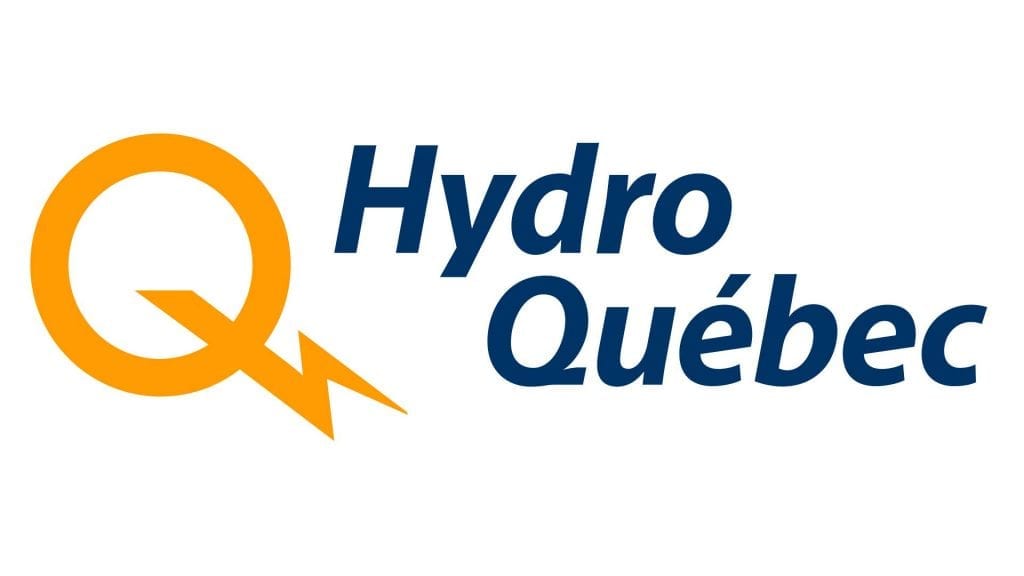
The Innu of Labrador are claiming $4 billion in damages from Hydro Quebec over ecological and cultural damage done during the construction of the Churchill Falls project in the late 1960s.
The claim was filed in the Supreme Court of Newfoundland and Labrador on Tuesday.
According to a press release issued by the Innu Nation, Hydro-Quebec’s bill is “50 years overdue.”
“For decades, we have tried to meet with Hydro-Québec officials to get them to take responsibility and compensate us for this injustice,” Etienne Rich, grand chief of the Innu Nation, said in a statement. “Despite its stated commitment to working in partnership with indigenous communities and nations, Hydro-Québec has repeatedly refused to address our issues.
“Many of our elders have passed on without seeing justice done. We were left with no other alternative than to seek justice through the courts.”
Ground-breaking on the Churchill Falls hydro-electric project began in 1967. At the time, it was the largest civil engineering project ever undertaken in North America.
Construction was grueling and took more than five years. It consisted, in part, of damming the Churchill River – the longest river in Labrador.
This ultimately caused flooding in an area of land larger than Prince Edward Island – destroying Innu burial grounds, caribou migration routes, and ecosystems essential to the traditional Innu way of life, according to the press release.
The Innu of Labrador say their land can never be entirely restored. As restitution, they’re asking for a share of Hydro-Quebec’s “tremendous” profits.
“What has been lost is priceless,” explained lawyer Nancy Kleer who is representing the Innu Nation.
In a nutshell, Hydro-Quebec buys electricity from Churchill Falls and transmits it to markets in the United States; the generating station has made approximately $80 billion in revenue since it began operating.
By Kleer’s estimate, Hydro-Quebec could stand to make up to $150 billion by the end of the power purchase contract in 2041.
“We are asking the courts to afford us justice for the damages done by Hydro-Québec to our land, our culture and our traditions, and we remain open to negotiations with them,” Rich added.
The lawsuit comes as the Innu nation is formalizing a land claims agreement with the government of Canada.
Hydro-Quebec could not be reached for comment by deadline.
-With files from Angel Moore









